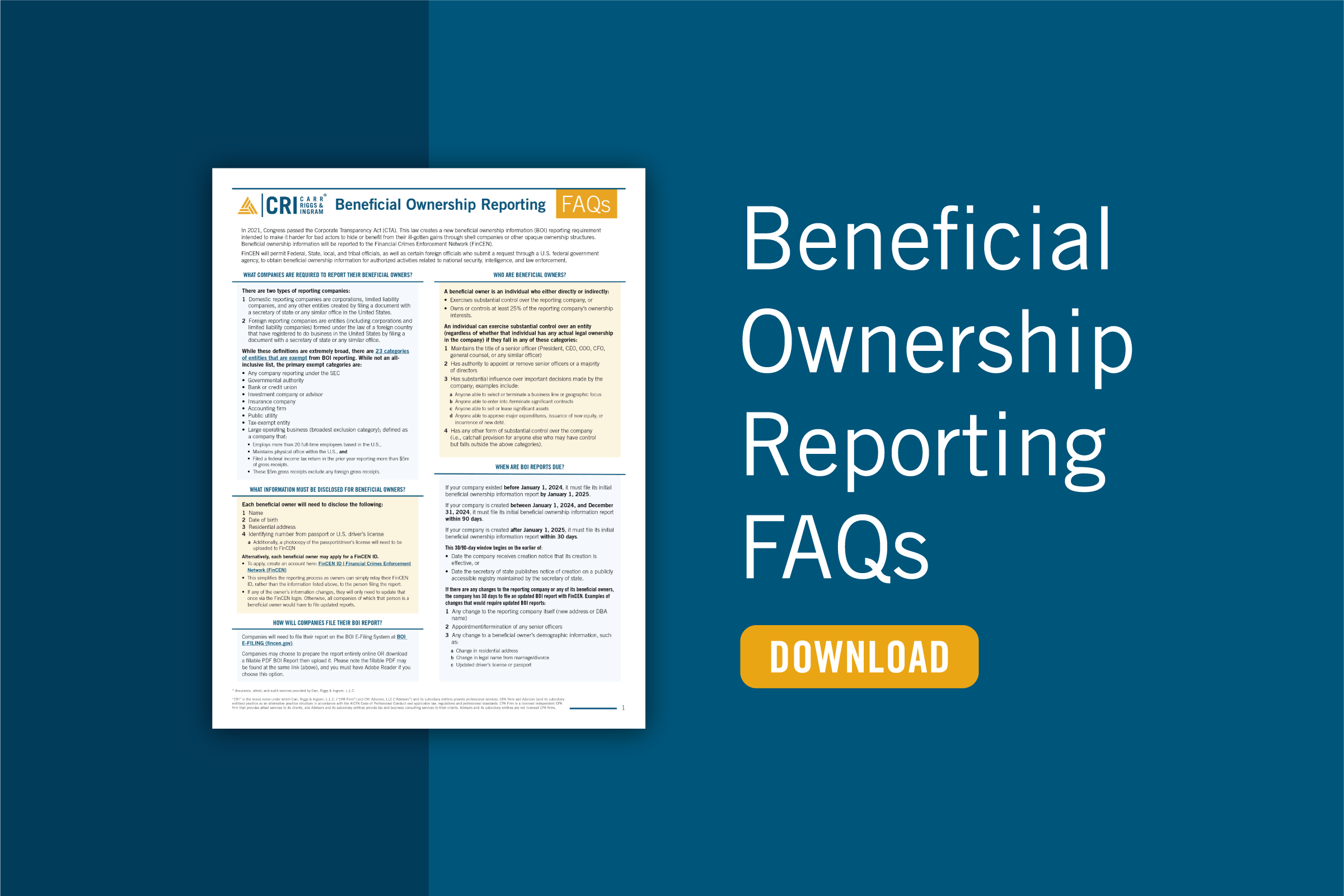Inheritance Unplanned: The Unexpected Impact of Taxes on Families
- Contributor
- April Hicks
Mar 4, 2024
Estate taxes are a complex and frequently misunderstood part of financial planning that can significantly impact the inheritance process. The federal estate tax gets a lot of press but there are some states that also have their own estate/inheritance tax that are separate and additional taxes to federal estate tax. A recent legislative change in Massachusetts notably doubled the estate-tax exemption threshold from $1 million to $2 million, accentuating the dynamic nature of estate taxation and emphasizing the critical need for staying abreast of these laws that can significantly differ across states.
This change is part of a broader trend of states reevaluating their stance on estate and inheritance taxes, with some states moving to lessen the financial burden on heirs.
Understanding Estate and Inheritance Taxes
Grasping the nuances of Estate and Inheritance Taxes is essential. Estate taxes are charged on an individual’s estate post-death, with potential rates up to 40%. The 2024 unified credit currently exempts taxpayer’s with total estates and lifetime gifts under $13,610,000 from tax on assets they pass to beneficiaries. That figure is out of reach for most. Yet, at the state level, the landscape shifts. Maryland levies both an estate tax and an inheritance tax. Twelve states plus the District of Columbia implement a state estate tax, sometimes starting exemptions as low as $1 million, placing many families at risk of unexpected state taxation.
In contrast, separate taxes known as an inheritance taxes are levied on heirs in six states. The taxes vary by their relationship to the deceased—unmarried partners often incur the highest rates. These taxes matter. In 2021, state and local governments collected $6.7 billion from death and gift taxes, underscoring their fiscal significance.
The Impact of Real Estate Booms
The recent dramatic increase in real estate values, with some areas witnessing a rise of more than 40% since the start of 2020, has significantly intensified concerns over estate and inheritance taxes. This surge has resulted in many heirs facing unexpectedly hefty taxes on properties whose values have soared past the tax-exempt threshold. In markets where real estate prices have historically been high, the recent spikes have pushed even modest family homes into estate tax liability zones, leaving families unprepared for the financial burden. Such trends have sparked a broader discussion on the need for reform in estate and inheritance tax laws to accommodate the realities of the current real estate market.
Strategies to Navigate State Tax Laws
The changing landscape of state tax laws presents a challenging scenario for individuals planning their estates, particularly with the introduction of reforms in response to soaring real estate values. Understanding the nuances of your state’s tax laws becomes essential, as specific provisions can significantly influence estate planning decisions.
Proactive planning is key to mitigating potential tax burdens if you reside in or own property in states that levy estate or inheritance taxes. Here are several strategies to consider:
- Establish Trusts: Creating trusts can be a strategic way to manage and protect your assets. Trusts can ensure that your estate takes full advantage of available tax exemptions, potentially saving your heirs from hefty tax bills. Probate can be costly. Trusts can minimize probate. If you live in one state and have a home in another state that is held in your sole name, you may create probate in the state where the real property resides even though you are not a resident of that state. Placing that home in a trust can allow you to avoid probate in that state to pass the real estate on to your heirs.
- Gift Assets: Gifting assets during your lifetime can reduce your estate’s overall value, which would be subject to taxes upon your death. Annual gifting limits allow you to give a certain amount to as many individuals as you like without incurring a gift tax.
- Consult Professionals: Engage with estate planning attorneys and financial advisors specializing in estate taxes. Their expertise can guide you in making informed decisions tailored to your specific situation and goals.
- Relocate: Consider moving to a state with more favorable state estate/inheritance tax laws. This drastic but effective measure can significantly reduce the total estate/inheritance tax liability. Many high-profile individuals have made such moves to shield their estates from substantial taxes.
- Stay Informed: Tax laws are subject to change, so staying updated on federal and state tax regulations is crucial to ensure that your estate planning strategies remain effective and compliant with current laws.
- Know the income tax rules for your assets: There is extra complexity that can come into play with inherited assets. One of the largest assets that people from all walks of life can have is their retirement accounts. The step in basis rules for inherited assets is widely touted in the media. However, most ordinary retirement accounts do not get a step up in basis. The beneficiary has to pay income tax at ordinary income tax rates on the amounts they withdraw from the accounts each year. Added to that, the IRS passed new rules that make most non-spousal beneficiaries fully deplete the accounts within 10 years of inheriting it. Inherited retirement accounts now have required minimum distributions that most beneficiaries must take every year- no more deferring the taxable distributions over their lifetime. Federal tax and possibly state tax is due each tax year on these distribution. The distributions themselves may also have the effect of pushing the beneficiaries into higher tax brackets on other income that they have. Knowing the income tax rules can help you and your family maximize what stays with the family and what is paid in taxation.
By employing these strategies, you can navigate the complexities of estate and inheritance taxes more effectively, ensuring that your financial legacy is passed on according to your wishes while using effective ways to minimize taxes.
Navigating the complex landscape of estate and inheritance taxes is crucial for preserving your financial legacy. As tax laws continue to evolve, partnering with a professional is vital to protecting your legacy from unexpected tax implications. Contact your CRI advisor for tailored advice and to start planning your estate’s future today. Our experts are well-versed in state-specific tax regulations and can develop a personalized strategy that meets your objectives, ensuring efficient estate management and minimized tax liabilities.


















































































































































































































































































































































































































































































